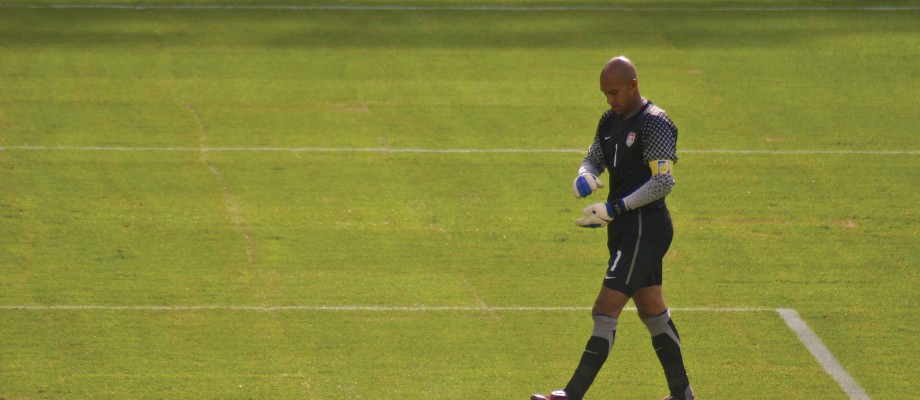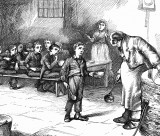
Sporting chance to control tics
October 31st, 2014
Sport and exercise can help children with Tourette’s syndrome control their tics, say Nottingham researchers who asked sufferers aged between 10 and 20 and their families about living with the condition.
Little research on TS has been carried out from the perspective of the parents and young people and the Nottingham team, led by Georgina Jackson, Professor of Cognitive Neuropsychology from the Faculty of Medicine and Health Sciences, found the first reliable evidence that physical activity and sport can help children with Tourette’s syndrome. This could offer new paths for treatment and therapies.
The researchers used a combination of interviews, surveys and observations to explore what young people with TS think hinders their education and influences their tics and social interactions.
The research was funded by The Big Lottery and commissioned by Tourettes Action and could be used to help to improve the experiences of children and teenagers with TS.
Professor Jackson said: “Young people with TS report that anxiety provoking situations increase tics whereas tic reduction is associated with engaging in physical activities and enjoyed extra-curricular pursuits. Our observational findings support the notion that engagement in physical activity leads to tic attenuation and alleviation of tic related distress. The sustained effect of physical activity on TS symptomatology also suggests a potential therapeutic use in tic management for clinicians and schools.”
Chief Executive of Tourettes Action Suzanne Dobson said: “We were delighted to be able to commission this research to the University. Tourettes Action want people with TS to receive the practical support and social acceptance they need to help them live their lives to the full.”
TS is a neuropsychiatric condition involving involuntary muscular movements and vocal sounds (tics). Tics can sometimes be delayed or suppressed but this can be extremely tiring for children. TS affects up to one per cent of school children and tic severity peaks at around 10 to 12 years, when children start secondary school.
The Nottingham researchers’ conclusions tally with the experiences of USA goalkeeper Tim Howard, pictured, who believes that living with TS has made him a better athlete. Howard — acclaimed for his performances at the World Cup, where he pulled off 15 saves in a single match — says he realised as a teenager that he was faster than others at some movements. He believes these reflexes are linked to his disorder.
He also believes sport helps him control his tics. He said: “As soon as things get serious in front of the goal, I don’t have any twitches; my muscles obey me then.”
Tags: Faculty of Medicine and Health Sciences, Georgina Jackson, Professor of Cognitive Neuropsychology, Suzanne Dobson, Tourette’s syndrome, Tourettes Action, USA goalkeeper Tim Howard
Leave a Reply
Other Issue 79

More please: A feast for Dickens scholars
A new online linguistics tool will help researchers and students study the language used in novels […]


